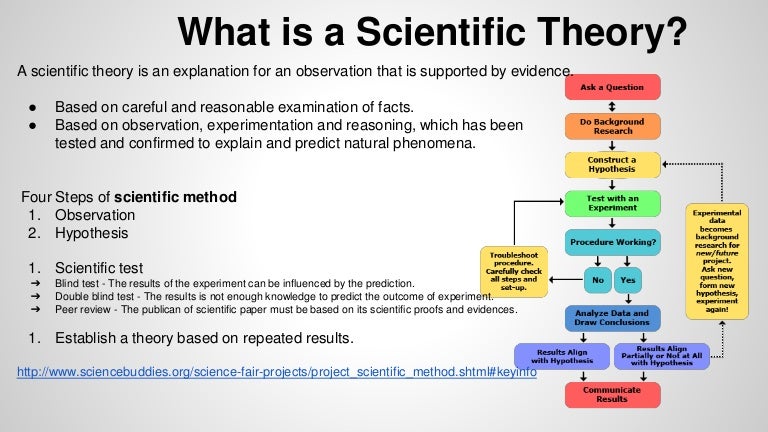I know there is a lot of ways one can compare. For example, people take karma as sin of some sort. Then rebirth as a type of heaven. Maya as a form of satan. Things like that; so, if you compared it like that, yes. They have much in common. You'd have to change the definitions to match secular western [The Age of Reason; The Enlightenment?
https://www.history.com/topics/british-history/enlightenment I forgot how to make links] reasoning though. Is this part of your country history?
How do you define freedom from samsara? Some compare it to heaven and others union with god. How do you see it?
It's not an "it" or noun, that's the thing. There's nothing to see. In abrahamic faiths it's always involved with a type of noun: evil, one, heaven, god, so have you. It's a concrete name to define something. "This is X; we experience X" type of thing. I've never experienced practice of Dharma in full but I guess that's a good term for it. Practice. Process. Change. Verb. Karma. For lack of better words.
Maya isn't a "thing". It's not a noun. It's kinda compared to satan, usually. I'm just going by what I know, I'd say going by buddhist cosmology for what I know is maya is not an actual being that, how can I say, influences you like satan. It's an incarnation of a state of being itself, best put. Deceiving? Our current State of Being-our mind-is illusion. Our Mind-our Selves-our deceived; no one is deceiving us. "Maya" as a noun does nothing. Maya is an incarnation/a analogy or whatever term that just means our own minds are stuck in delusions. It means static; not subject to change. You can call it an incarnation of our attachment [analogy of what it is doing to us; an analogy, though]. It represents the delusions/attachment as our state of being [not original sin] or state of mind, I guess. "It" does nothing.
Can I ask, what is "negative" karma?
There is just karma. How is it negative or positive?
-
To tell you honestly, I don't know how to compare abrahamic faiths with eastern ones. One cannot just meditate and "get it." So, I honestly don't know where to start. Hindus aren't really open to describe anything really beyond the basics. So, -our- views are highly limited.

